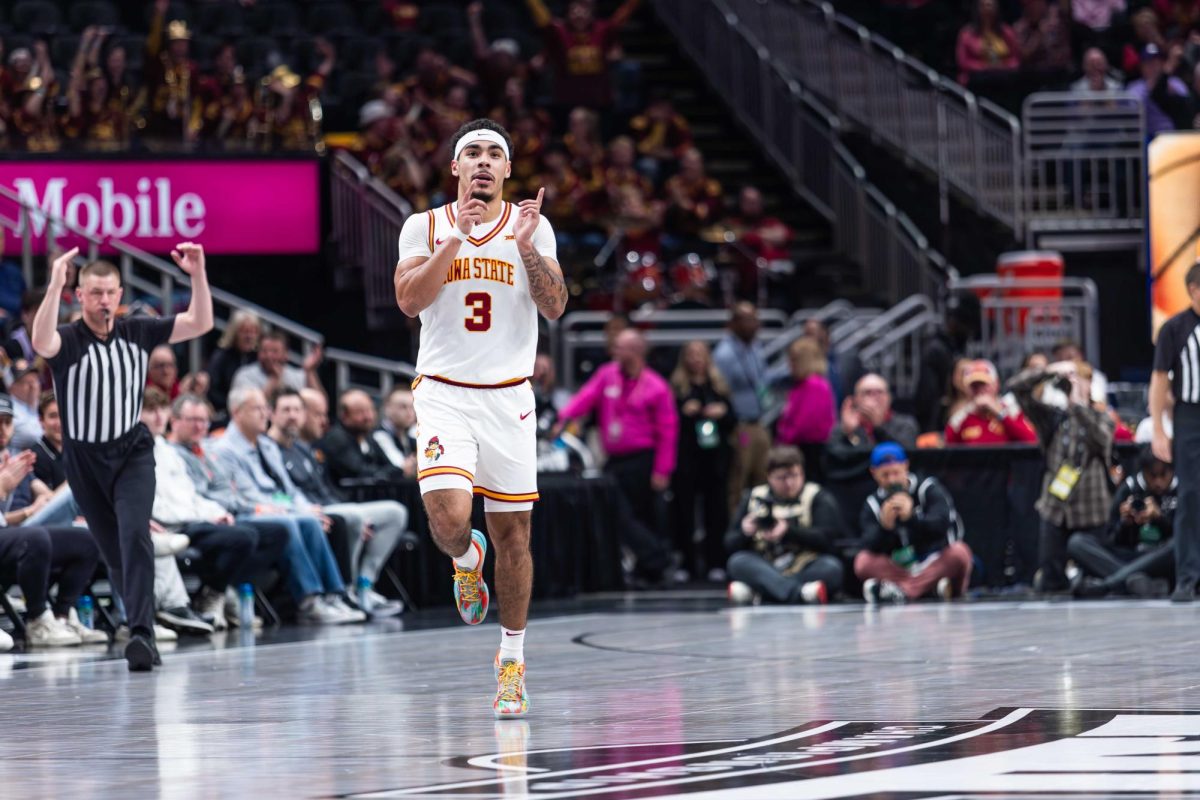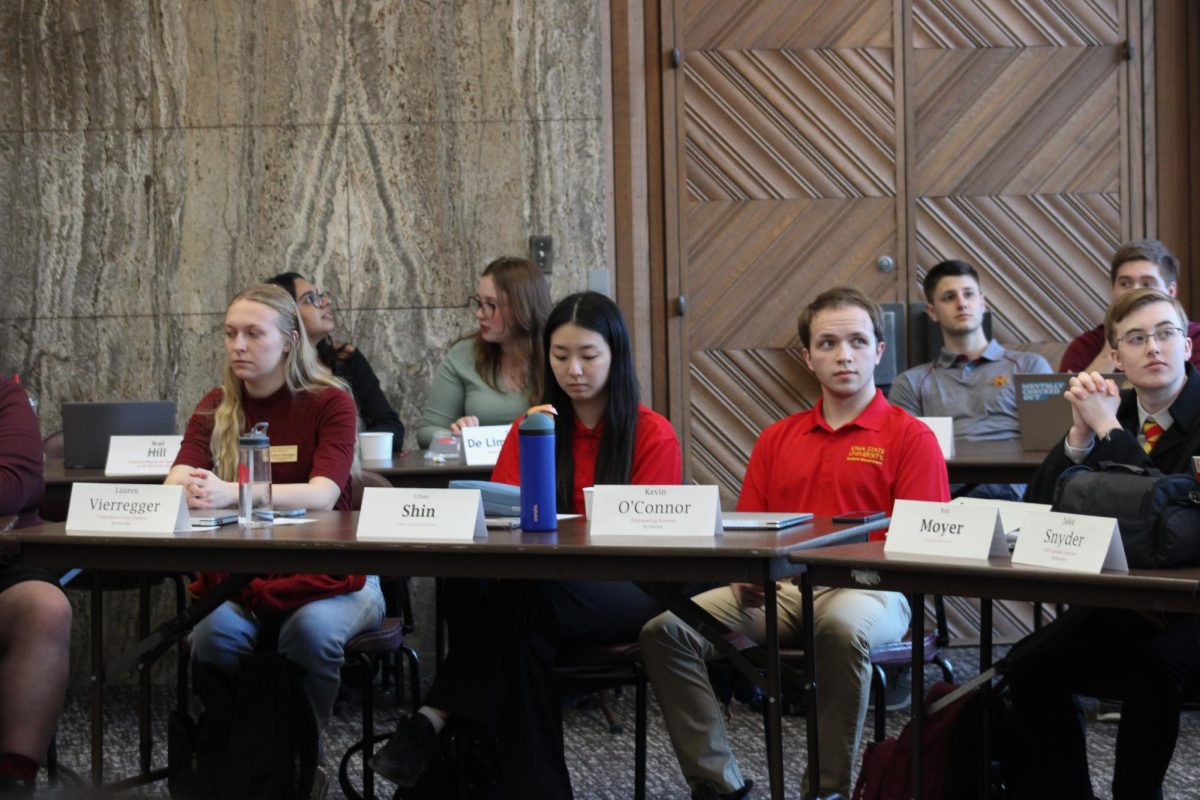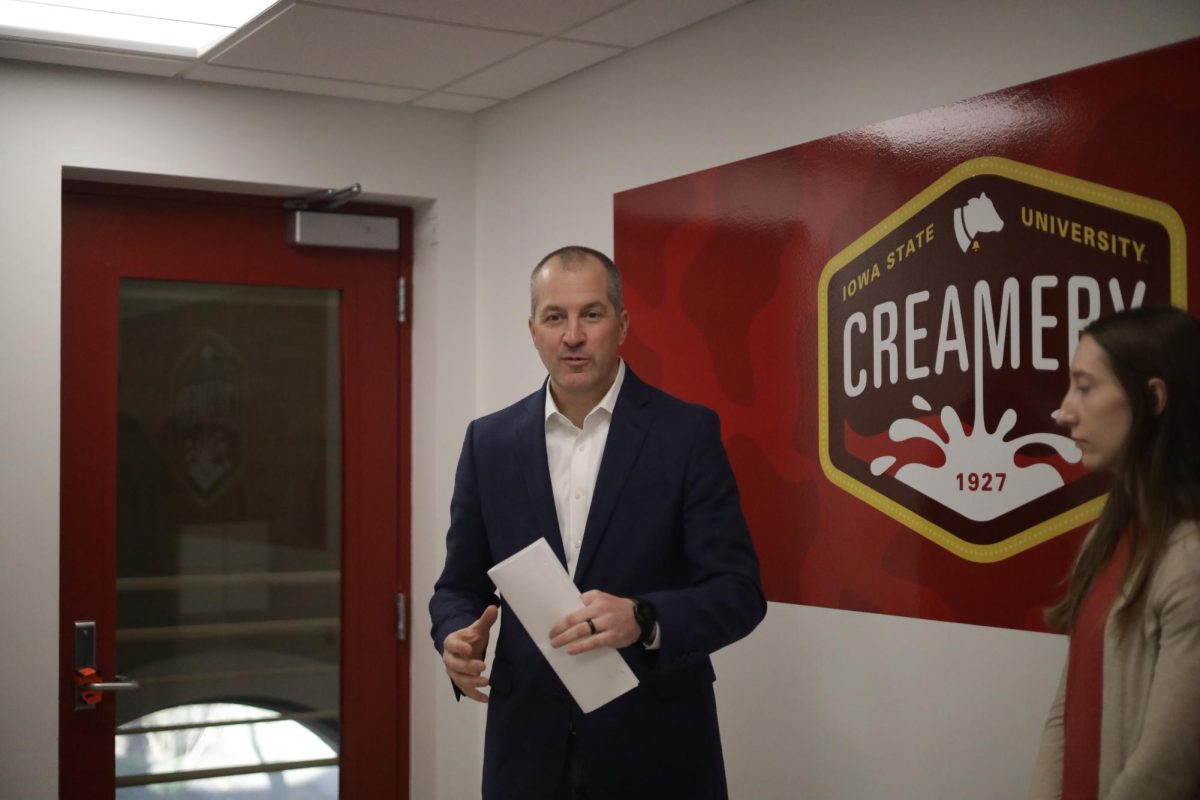NCAA requirements getting more complex
December 6, 1995
At a time when universities are hurrying to comply with NCAA athletic gender equity requirements, one high school student has thrown a new cog in the wheel: learning disabilities.
A high school athlete is accusing the NCAA of discriminating against people with learning disabilities through its high school competition requirements for perspective student-athletes.
The student is asking the Justice Department for help.
Chad Ganden, a high school senior with a learning disability, wants to compete in NCAA swimming. In order for a prospective student-athlete to be eligible for to compete in Division I athletics their freshman year, they must have a minimum score on either the ACT or SAT test and a grade point average of at least 2.0 in a number of core courses.
Ganden got an acceptable ACT score, but he did not take enough core courses to qualify for NCAA competition his first year.
Ganden’s father, Warren Ganden, sent a letter to the Justice Department questioning whether the NCAA makes enough accommodations for prospective student-athletes in regard to high school requirements under the American with Disabilities Act.
Jeff Stein, a Marshalltown lawyer and member of the Iowa State journalism faculty, called the Ganden case a “very unique interpretation” of the act.
The letter questioned the way the NCAA takes waiver requests for people with learning disabilities. It is not possible for a prospective student-athlete with learning disabilities to individually ask for a special waiver from the NCAA. It is the responsibility of the member institution.
According to Ed Banach, an Iowa State student-athlete counselor, the NCAA allows some “special accommodations” for prospective student-athletes with learning disabilities.
“What people need to understand is that participating in college athletics is a privilege, not a requirement,” Banach said.
Banach doubts that the NCAA is violating the American with Disabilities Act.
“The NCAA is a members-only organization; it is not a publicly funded organization,” he said.
But Doug Houghton, ISU assistant dean of students, thinks that the NCAA is subject to federal regulations.
“Just because the NCAA is not a publicly-funded organization does not mean it is not bound to the American with Disabilities Act,” Houghton said. “Private businesses are bound to federal laws.”
Joyce Packwood, ISU program director of Disability Resources, said that she did not know of any legal challenge to the NCAA guidelines about people with learning disabilities. She said a legal inquiry might be needed.
“It would depend on if the person had a learning disability that had already been diagnosed,” she said.
Stein said the issue is intriguing.
“ADA is designed to force private businesses to accommodate those who would otherwise be qualified for the job,” he said. “I don’t know if this act would apply to student-athletes enrolled in a university.”
Stein said that since the member institutions of the NCAA are “separate entities unto themselves” and accept federal funds, they are, in effect, bound to federal regulations.






